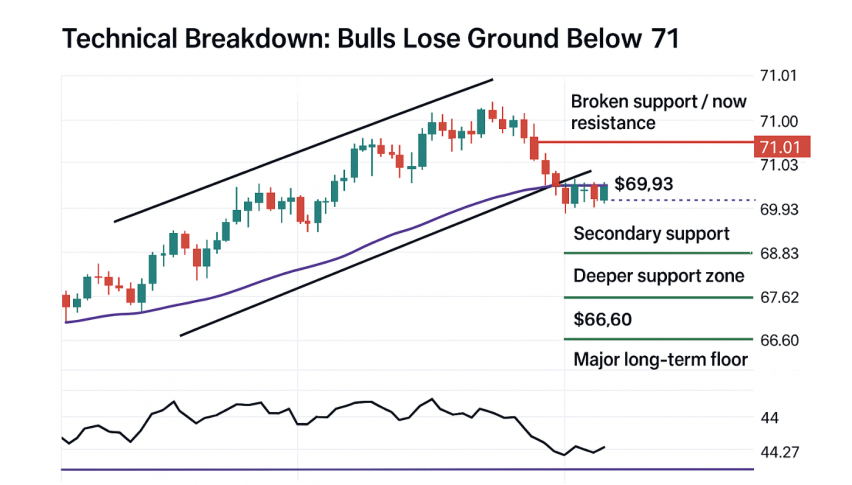Can the G7 Price Cap on Russian Oil Raise Prices?
Last week G7 finance ministers agreed to implement a price cap in December on Russian Oil and it might lead to a natural gas-style price explosion in oil. The details of how it will work haven’t been sorted out but the philosophy was made clear by Treasury Secretary Janet Yellen in July.
“Russia’s going to face an insurance and financial services ban at the end of the year that is going to end up shutting in between 3 and 5 million barrels, we estimate,” she said. “So why should they retaliate for an initiative that enables their oil to continue to flow through to world markets at a price that is still profitable?”
The idea was mocked that day by Bloomberg’s Javier Blas:
“My friends and I have agreed to impose a price cap on our local pub’s beer. Mind we actually do not plan to drink any beer there. The pub’s owner says he won’t sell beer to anyone observing the cap, so other patrons, who drink a lot there, say they aren’t joining the cap. Success. ”
But Ben Harris, Assistant Secretary for Economic Policy at the Treasury took on that thinking directly. He highlighted that G7 countries control shipping insurance and trading services.
“The G7 dominates necessary financial & other services for global oil trade. For example, the EU and UK provide 90% of global shipping insurance. The G7 countries’ collective control of those services gives us the ability to restrict trade above a certain price. It’s more like a regulator laying out permissible terms of trade than an individual customer trying to reduce a bar tab.”
So it’s more like a blockade or the essential services for moving crude unless it’s sold at a discount, perhaps 30%. And Russia is locked into those services. Unlike a bartender who can just slide the beer to another customer, Russia faces huge infrastructure & logistical costs to divert oil flowing through Europe to other outlets. The idea that oil will just be held back simply isn’t credible.
The bolded idea to me is insane, especially how it’s dismissed so easily, just as Yellen did.
Russia said in the clearest terms on Friday that it won’t see oil to any country that participates in the scheme. Somehow the US (and G7) believe that idea “simply isn’t credible”.
That statement came mere hours after Russia voluntarily shut off its own natural gas exports via Nord Stream 1. Those exports aren’t under any kind of sanction and have been receiving stratospheric prices. Yet we’re betting they won’t do the same with oil?
What would be the consequences? Russia produces 10-11 million barrels per day and exports 4-5 million barrels per day, which is roughly 3-5% of global usage. That doesn’t sound like much, right? Wrong. Oil demand is extremely inelastic. Even long-term imbalances of a few hundred thousand barrels per day have led to price spikes in oil. Removing 3-5 million barrels per day for any length of time will lead to a scramble for oil, easily pushing prices above $200/barrel.
There are only three ways this turns out ok:
- Yellen is right and Russia eats a big discount on its oil because it needs the revenue
- Russia and its customers secure tankers and manage their own trade
- Russia finds some other way to get its oil out
In all those scenarios, that simply reinforces the status quo. Goldman Sachs currently has a $125/barrel oil price forecast for 2023 and assumes a 600k bpd decline in Russian oil output due to sanctions and the price cap. If somehow Russia continues to supply at current levels, they say that would imply $15 of downside. They don’t quantify the potential upside but say “the potential loss of Russian exports in retaliation creates substantial upside risk to our bullish forecast.”
The west would have little buffer if Russia does shut in production. Saudi Arabia has a small amount of surge capacity that could add 1-2 mbpd for a month or two. The US SPR has already been tapped but will still have 400 million barrels at the end of October. That could add 1 mbpd for more than a year. None of that is enough to make up for the shortfall. So the question is: How much faith do you have in G7 leaders?



